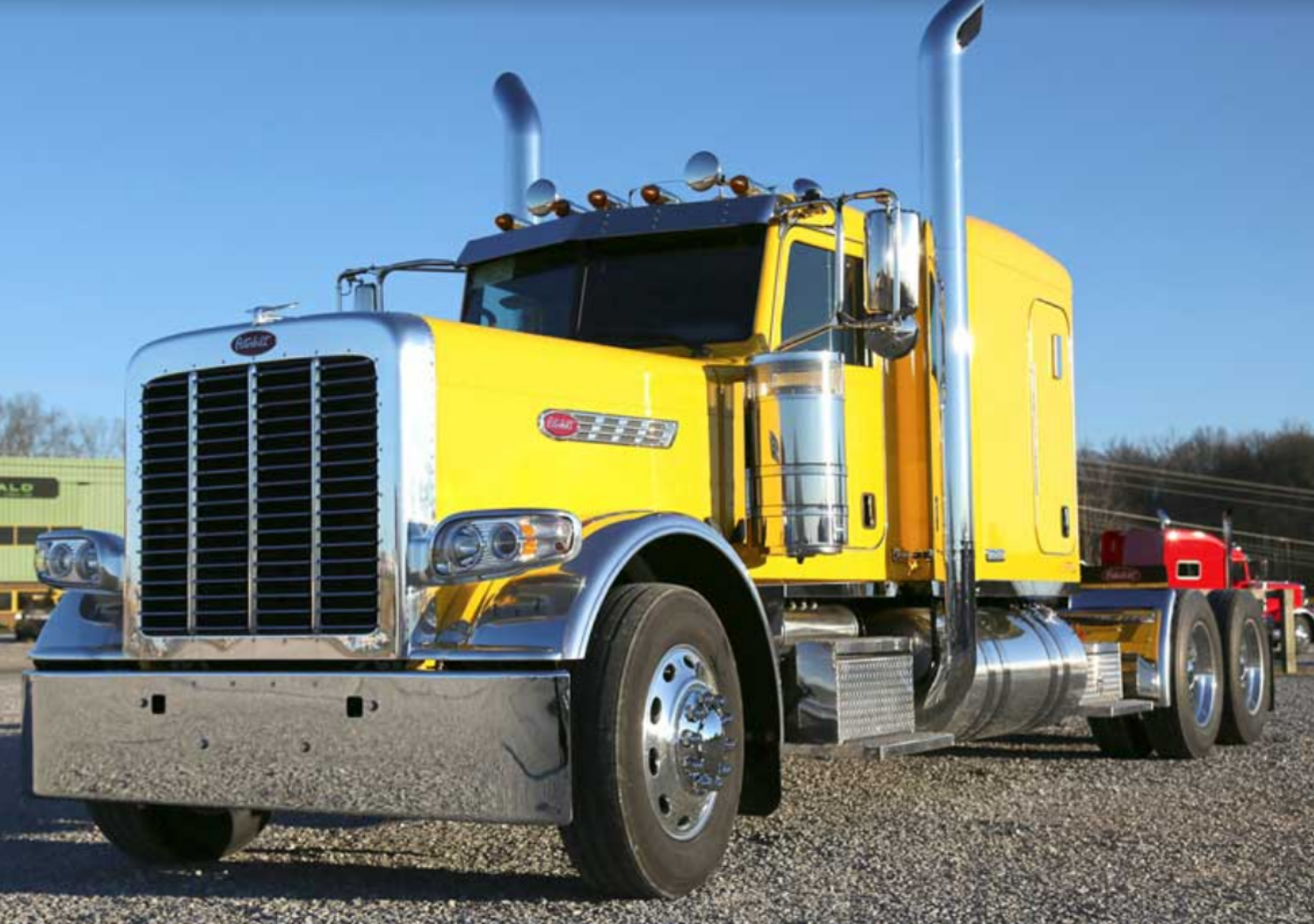Truck Lobby Group Urges Reconsideration of Emissions on Glider Kits
A national trucking association sent a letter of support to the U.S. Senate Committee on Environment and Public Works for the Environmental Protection Agency’s plan to reconsider emission requirements for glider kits.
The Owner-Operator Independent Drivers Association (OOIDA), which represents 160,000 members, supports a proposed repeal of the Phase 2 emissions standards for glider kits. The repeal is based on a proposed interpretation of the Clean Air Act under which glider vehicles would be found not to constitute “new motor vehicles,” glider engines would be found not to constitute “new motor vehicles,” and glider kits would not be treated as “incomplete” new motor vehicles.
By some estimates, a glider costs at least 25% less than a comparable new truck, is generally exempt from the 12% federal excise tax, and often gets better fuel economy than some modern engines that have the latest exhaust emissions equipment.
That said, a number of major players support the original mandate — including Volvo Group North America, Cummins, and Navistar — and have stated that “glider kits should not be used to bypass currently certified powertrains.”
In addition, a coalition of 12 attorneys general from California, Connecticut, Illinois, Maryland, Massachusetts, New Mexico, New York, North Carolina, Oregon, Pennsylvania, Vermont, and Washington filed a comment strongly opposing the glider rule repeal, saying that the group was prepared to take any action to protect the emissions regulation, including legal challenges.
“Repealing the glider rule is bad for our environment, for the health of our families, and for truckers and shippers who play by the rules and operate trucks with cleaner fuel-burning engines,” said California Attorney General Xavier Becerra. “Under the Clean Air Act, the EPA is required to set and enforce motor-vehicle emissions standards. If EPA Administrator Scott Pruitt decides to neglect this legal responsibility by doing away with the glider rule, we are prepared to take any and all action to protect the air our children breathe and the vitality and level playing field of the trucking industry, an important sector of our economy.”
Taking the opposing view, one executive argued: “For many small business truckers, glider kits offer a more affordable and reliable alternative to increasingly expensive new vehicles.” Continued Todd Spencer, OOIDA acting president and CEO, “Their regulation under Phase 2 would effectively destroy the American glider kit industry, eliminating the opportunity for our members to continue purchasing the vehicles that best fit their unique needs.”
Category: General Update, News










